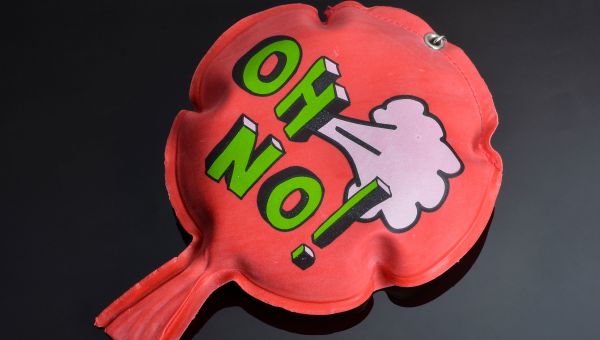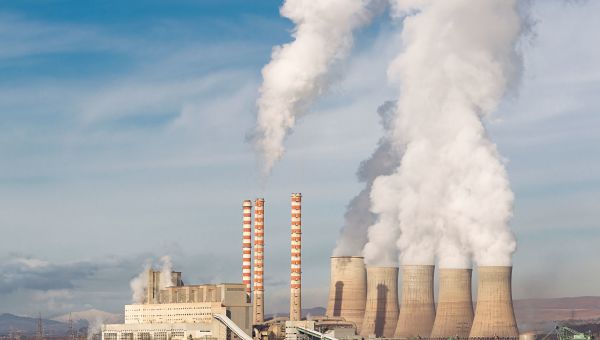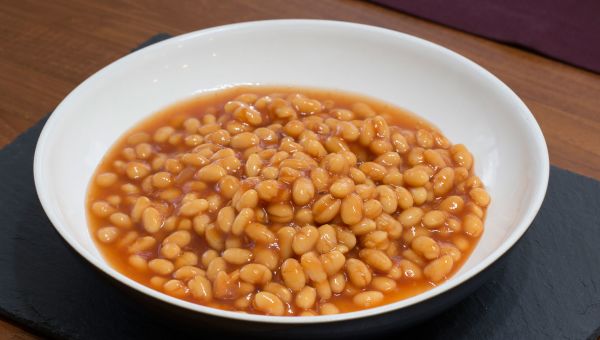Why farts smell and 5 more flatulence facts
Find out why we fart, how often we fart and other stinky facts about passing gas.

Everyone farts. Whether you find it embarrassing or disgusting depends a lot on whether you’re alone (age probably makes a difference too, given kids’ affinity for fart jokes). But why do we do fart? Why are some farts smellier than others? Why are some silent, while others make a can’t-be-missed announcement that gas has been passed? Is there anything you can do to fart less? We’ve answered all the questions you’re too embarrassed to ask, from what’s in a fart to how much is normal.

Why people fart
A fart is just gas escaping from your intestines. Gas is produced as a byproduct of bacteria in the colon breaking food down. That gas gets passed through the colon and out the rectum and anus.
Most of the gas expelled from the rectum is made up of these gasses produced by bacteria, but a small amount comes from the air you swallow when you eat and is mostly expelled by burping.

The ingredients of a fart
Most of a fart—99 percent—is made up of gasses that have no odor. These include carbon dioxide, oxygen, nitrogen, hydrogen and methane.
The remaining 1 percent is a byproduct of the bacteria breaking down foods containing sulfur—and sulfurous gas is what produces that iconic odor. Many foods contain sulfur, including cabbage, onions, bread, grapefruit, potatoes and tomatoes.
As you may have noticed, some farts are silent while others make a rather noticeable noise. The sound comes from the gas escaping through the rectum and causing the sphincter muscle to vibrate.

People fart more than you'd think
Farting 10 to 18 times per day is considered normal, according to the American College of Gastroenterology. Other estimates are even higher: 13 to 21 times a day. The average adult produces one to three pints’ worth of gas per day.

It's more than just beans that make you fart
Yes, we all know the song. But beans aren’t the only food that may give you gas. You’re likely aware of your own biggest fart offenders, which may be different from someone else’s. What mainly gets on the list? Any food that is difficult to digest or takes a long time to move through your digestive tract has the potential to make you gassier than normal. Some of the usual suspects include:
- Artichokes
- Asparagus
- Broccoli
- Brussels sprouts
- Cabbage
- Cauliflower
- Onions
- Apples
- Peaches
- Pears
- Whole wheat
- Dairy products
- Anything artificially sweetened with sorbitol, mannitol or xylitol
That doesn’t mean you shouldn’t eat these foods, just be aware that they may make you gassy. And foods that produce little to no gas? There are a few, including protein, fat and rice.

Lots of conditions can increase flatulence
There are many gastrointestinal disorders that can increase your gas production. Some of these include:
- Inflammatory bowel disease
- Irritable bowel syndrome
- Diabetes
- Lactose intolerance
- An intestinal obstruction
- Gastroparesis

You can take medication to fart less
A medication called rifaximin, usually given for irritable bowel syndrome and traveler's diarrhea, can reduce the amount of gas you pass. So can over-the-counter enzyme-based dietary supplements, like Beano. Another over-the-counter drug called simethicone can relieve gas pains. And, believe it or not, you can buy underwear with a charcoal filter that reduces the stench of your flatulence.
More On


video

article

slideshow


video


video
